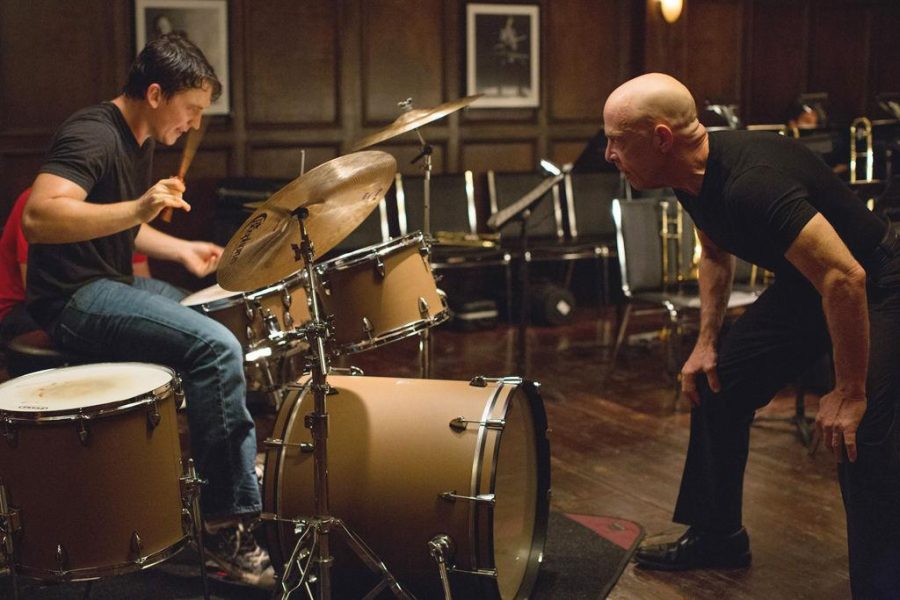Early Oscar Talk: Sorting out phony hopefuls from contenders
December 4, 2014
Earlier this week, the New York Film Critics Circle (NYFCC) and the National Board of Review released their awards for the best films of the year. Many movie pundits on the web are quick to tweak their Oscar frontrunners based on these early awards, but it’s only December, and momentum can shift before Feb. 22, 2015.
Two of The Pitt News’ foremost movie buffs will tackle the field and separate phony promise from genuine contention, no matter how early it is.
Shawn Cooke: Our favorite movie of the year — Richard Linklater’s “Boyhood” — seemed to get a strong Oscar boost from winning Best Picture, Best Director and Best Supporting Actress (Patricia Arquette) at the NYFCC on Monday, but recent history suggests that it may not be sitting so pretty for Picture and Director. In three of the past four years, the NYFCC winners for Picture and Director went home empty-handed in those categories. And, luckily, their consensus pick from 2013, “American Hustle,” went home empty-handed altogether. So, do you think we’re looking at another “American Hustle?”
Dan Sostek: I’m disgusted by the thought of comparing “Boyhood” to “American Hustle.” “American Hustle” was fine, but “Boyhood” is a film that comes around once in a lifetime. As corny as that sounds, it’s the truth. I’ll just look at this from a glass-half-full standpoint and assume every award ceremony will think as highly of Linklater’s masterpiece as we do. In terms of the Oscars, I think it’s going to come away with Best Supporting Actress and either Best Picture or Best Director. Nothing less.
SC: Arquette seems to be the closest thing to a lock at this point — aside from Julianne Moore in “Still Alice,” who might only see a disruption from Reese Witherspoon’s turn in “Wild” — but I think you’re right. Given the Best Picture-Director split in the past two years, the Academy might look to continue the trend of rewarding style in the directing category and another admirable film for Best Picture. We could see Alejandro Gonzalez Inarritu nab Best Director from Linklater, but the “Boyhood” visionary will probably still get his trophy for Best Picture (he was also a producer on the project).
Since the Best Actor race is too muddled to project — and we haven’t seen most of the performances in contention — we’ll move on to a more straightforward race: Best Supporting Actor. It’s looking like either J.K. Simmons’ villainous turn in “Whiplash” or Edward Norton’s pretentious stage actor from “Birdman.”
DS: I don’t want to take anything away from Edward Norton’s performance in “Birdman.” He’s funny, he’s emotive, he’s charismatic, but J.K. Simmons’ performance as Terence Fletcher in “Whiplash” was something to behold. Norton won the National Board of Review Supporting Actor award, while Simmons took home the NYFCC trophy. Despite the split, Simmons’ turn is of a higher caliber than Norton’s great performance. He has drawn comparisons to R. Lee Ermey’s in “Full Metal Jacket,” but what he does in the film is much more than just a screaming drill sergeant, and the longtime character actor should finally garner a well-deserved moment in the spotlight.
Perhaps the biggest surprise of the early awards was the success J.C. Chandor’s “A Most Violent Year” achieved. The film took home Best Picture at the National Board of Review, while Oscar Isaac won Best Actor and Jessica Chastain snagged Best Supporting Actress. As happy as I am that Isaac is finally being recognized after being snubbed for the tremendous “Inside Llewyn Davis,” I was surprised to hear the actor’s name mentioned in any context other than the 88-second “Star Wars: Episode VII” trailer.
SC: It was a huge surprise, indeed, and their broad recognition definitely helps the film’s, Isaac’s and Chastain’s chances for scoring nominations. But, in the last five years, the National Board of Review has served as an accurate forecast for only two major awards (Christopher Plummer and Christian Bale for Best Supporting Actor). Given this poor track record, Isaac might have to settle for being recognized as Han Solo’s son instead of the first Oscar to win an acting Oscar.



